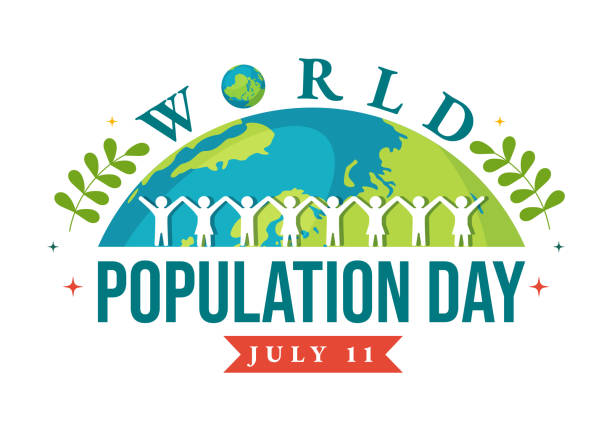The World’s Population Is Growing, and the Questions Are Getting Deeper
First proclaimed in 1989 by the United Nations Development Programme (UNDP), World Population Day has since become a platform to foster awareness about population growth and its far-reaching consequences. Each year, the day is marked with events centered around a specific theme. As of 2025, the global population has surpassed 8 billion highlighting the rising demand for essential resources such as food, water, energy, healthcare, and education.
This Year’s Theme: Reducing Inequalities, Sharing the Future
The 2025 theme,
“Reducing Inequalities, Sharing the Future,” emphasizes not just demographic data but also the social injustices revealed by those figures. Inequities in access to basic rights remain a pressing issue in many parts of the world, particularly for women, youth, the elderly, and migrant communities. In this context, the role of inclusive and equitable policies in shaping social systems is becoming increasingly vital.
Planning and Policy-Making in Light of Demographic Data
Population growth is not merely a numerical increase it reflects a complex transformation that compels societies to rethink their structures. Expanding healthcare services, improving access to education, supporting the elderly, and enhancing the skills of the youth workforce are key components of this process. Demographic indicators such as fertility rates, life expectancy, migration trends, and age distribution are essential tools for decision-makers.
The Key to Sustainable Development: Population Sensitivity
In tackling global challenges like climate change, environmental degradation, and food and water security, effectively integrating population policies is of great importance. Achieving sustainable development goals requires planning that considers not only today’s needs but also those of future generations. Systems capable of anticipating the long-term effects of demographic shifts foster communities that are more resilient and adaptive in times of crisis.
Public Awareness and Institutional Responsibility Hand in Hand
World Population Day serves as a reminder that responsibility does not lie solely with governments. The private sector, academia, civil society organizations, and individuals all have a role to play. Increasing awareness across all segments of society is essential for building a fairer, more equitable, and sustainable future. As an institution, we approach population issues not merely as statistical data but as social indicators that directly influence quality of life. We remain committed to supporting efforts that ensure equal access to opportunities for every individual.
Toward a Stronger Future, Together
On the occasion of World Population Day, we call on all stakeholders to develop human-centered, data-driven, and sustainable solutions and to embrace population diversity as a source of strength in designing more inclusive policies.



